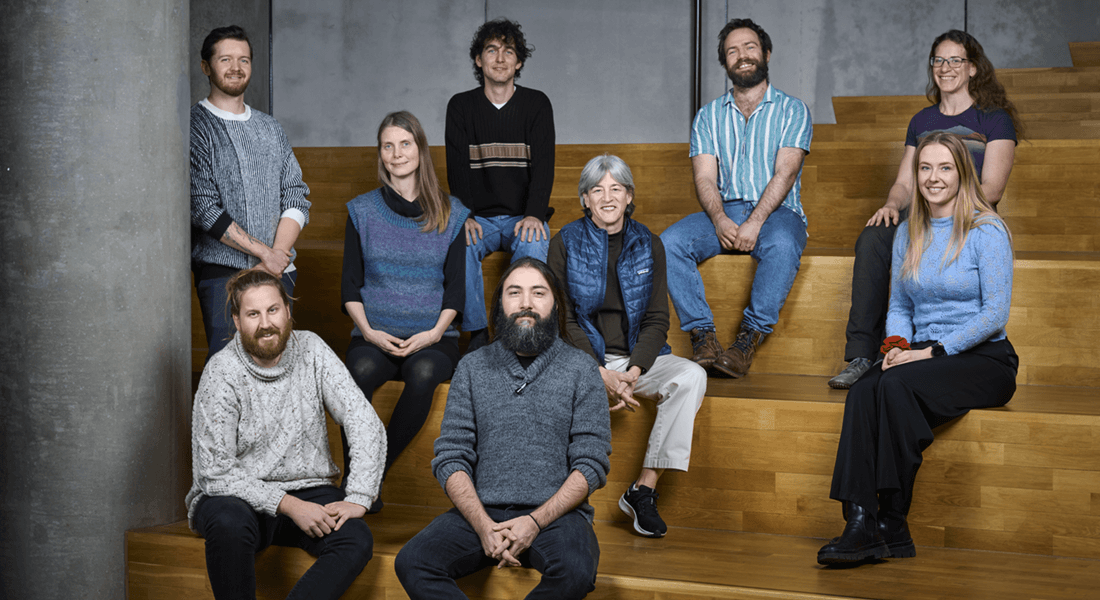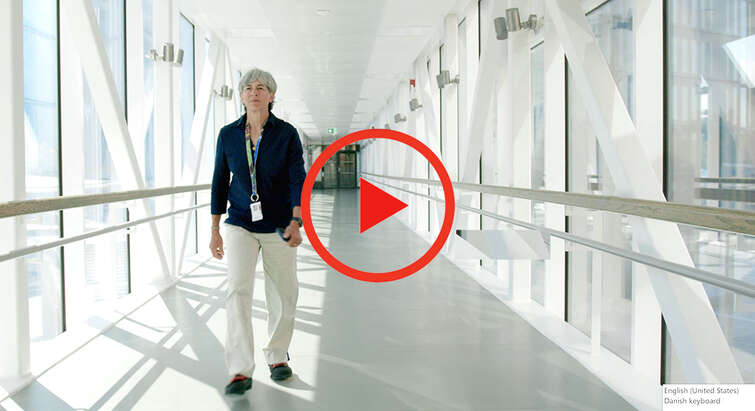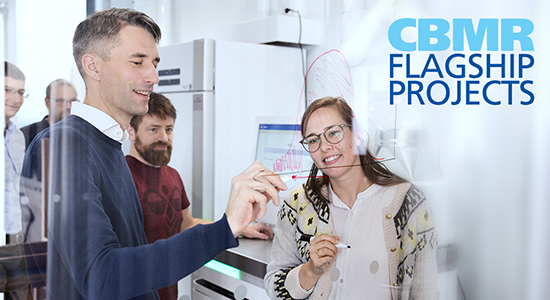
Circadian Biology in the Zierath Group
The Zierath Group investigates the interactions between intrinsic biorhythms and external perturbations such as exercise and nutrient provision to identify novel translational strategies for prevention and treatment of metabolic disease.

Physical exercise and diet have both individual and synergistic effects on metabolism, including alterations in glucose homeostasis and insulin sensitivity. Furthermore, the timing of a meal or exercise bout can optimize metabolic health. Therefore, there is a burgeoning appreciation of circadian rhythmicity in peripheral tissues such as skeletal muscle, liver and adipose tissue, as well as exercise and nutrition acting as zeitgebers of circadian rhythmicity. The precise interactions between endogenous rhythms, external zeitgebers and their health promoting effects remains to be fully elucidated.
"Time of Exercise Specifies the Impact on Muscle Metabolic Pathways and Systemic Energy Homeostasis"
Published in Cell Metabolism in 2019, this study examines how exercise at two distinct times-of-day results in a differential utilization of energy substrates resulting in divergent transcriptional activation.
“Time-restricted feeding alters lipid and amino acid metabolite rhythmicity without perturbing clock gene expression”
Published in Nature Communications, this study on short-term time-restricted feeding found metabolic improvements associated with increased rhythmicity in amino acid transporter genes and in amino acid metabolites.
“Contraction influences Per2 gene expression in skeletal muscle through a calcium-dependent pathway“
Published in The Journal of Physiology, this study shows how an acute bout of exercise induces expression of the circadian gene Per2 through a cAMP mediated mechanism providing insight as to how exercise may act as a zeitgeber to our daily rhythms.
"Circadian Rhythms and Exercise – Re-Setting the Clock in Metabolic Disease"
Published in Nature Reviews Endocrinology in 2019, this article provides a comprehensive overview of how exercise influences the circadian clock and its potential to reset the clock in metabolic disease.
Professor Zierath also has a research group at Karolinska Institutet in Stockholm that focuses on epigenetic control and the molecular resolution of insulin resistance in diabetes as well as tissue-crosstalk and metabolic regulation of Type 2 diabetes.
Read more about Professor Zierath's work at Karolinska Institutet
Group Leader
Juleen R. Zierath
Professor, Executive Director
Phone: +45 3532 7051
juleen.zierath@sund.ku.dk
Secondary affiliation
Karolinska Institutet, Stockholm:
Professor, Head of Section of Integrative Physiology,
Department of Molecular Medicine and Surgery

Staff list
| Name | Title | Phone | |
|---|---|---|---|
| Altintas, Ali | Assistant Professor | +4535330625 | |
| Ashcroft, Stephen Paul | Researcher | +4535334677 | |
| Atger, Florian Joseph Alain | Postdoc | +4535328908 | |
| Ehrlich, Amy Melissa | Researcher | +4535332397 | |
| Hansen, Signe Schmidt Kjølner | Postdoc | +4535333601 | |
| Høgh, Birthe | Professor Emeritus | ||
| Jensen, Simone | PhD Fellow | ||
| Noser, Pascal | PhD Fellow | +4535329018 | |
| Pedersen, Oluf Borbye | Visiting Professor | ||
| Stocks, Ben Nicholas | Assistant Professor | +4535332944 | |
| Zierath, Juleen R | Professor | +4535337048 |




